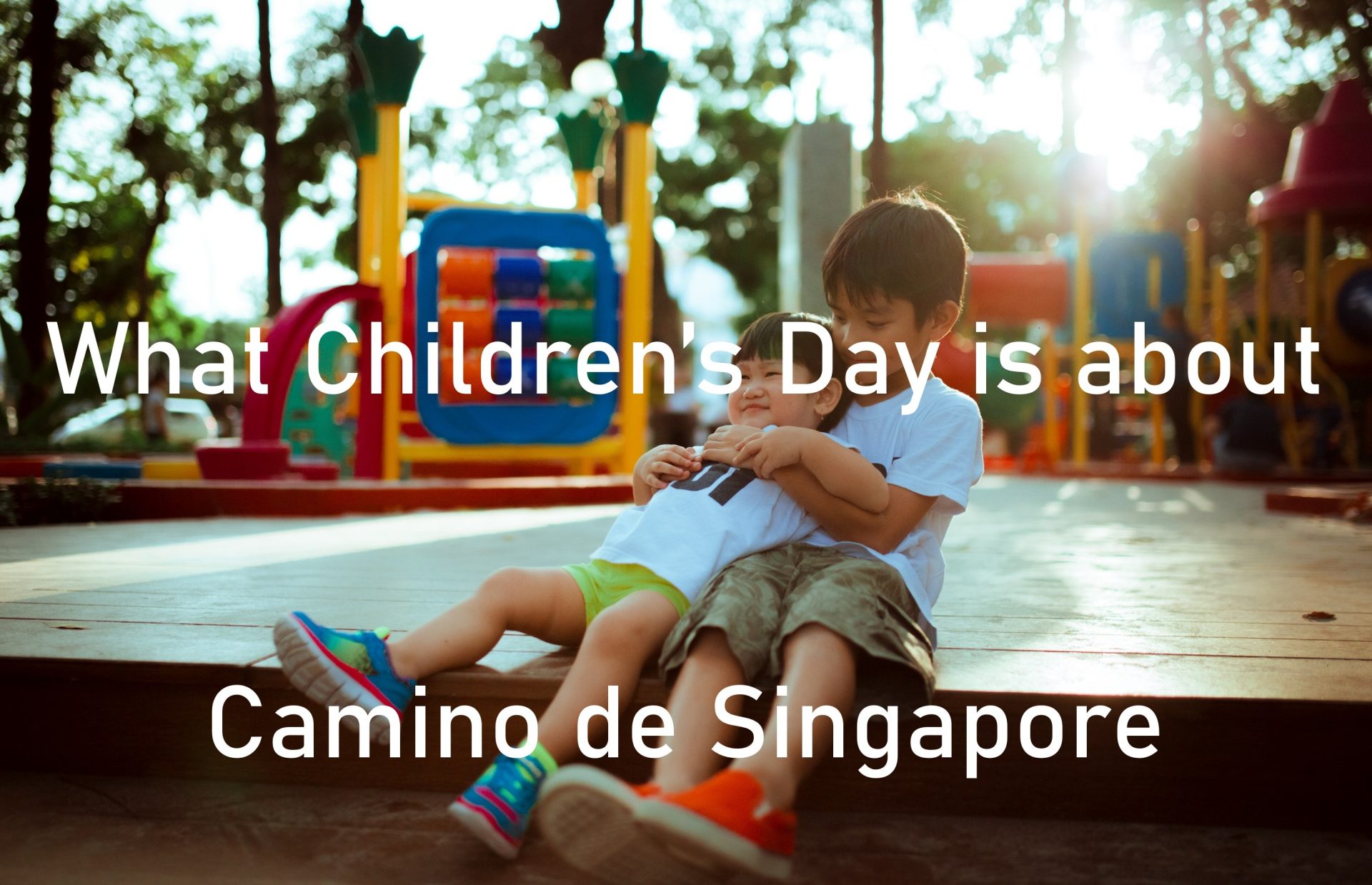No products in the cart.

Do you know that Children’s Day is always celebrated on the first Friday of October in Singapore? This is so that families with young children can enjoy a long weekend, and this is a way of celebrating children as well as raising awareness of their importance. They are, after all, the future of our society. But still, we should see Children’s Day as more than a celebration or a longer weekend, and a Catholic lens can help towards that.
The introduction of Children’s Day in Singapore followed a broader trend elsewhere. As the world became more aware that every person has basic human rights, it soon became clear that the rights of children, as vulnerable persons who cannot defend themselves, need special attention. Thus, the establishment of Children’s Day in various countries is meant to be a reminder that the well-being of children is often under threat, such as in cases of abuse, and needs to be constantly promoted.
What are these rights? The United Nations Convention on the Rights of the Child, which is the most widely signed human rights treaty, has a list that has been a gold standard. In particular, Article 6 deserves special attention because it can serve as a summary for other rights in the list. After all, most protections listed are meant to promote children’s survival and development.
Every child has the right to be alive. Governments must make sure that children survive and develop in the best possible way.
In the Catholic social teaching tradition, there is a central principle that can help explain further why children have these rights: integral human development. The basic idea is that every person deserves all the conditions necessary for them to develop to their fullest potential in every aspect of their being. After all, if every person is made in the image of God, it means everyone possesses infinite dignity. And if a person has infinite worth, it is an offence to God, their Creator, if they are not given the right environment to develop.
This principle is applicable to every human person. However, for the same reason Children’s Day was established, we need to take special care that children are given the right conditions because they are completely unable to achieve those conditions by themselves.
Now, integral development means that children should be able to develop their whole personhood in body, mind and spirit in the best way possible. In the physical aspect, for example, it is not enough that children are not starving or free from violence. They must have access to nutritious food and care that allow them to have a wholesome lifestyle. For the mind, children should receive good education to grow intellectually and acquire important skills. But while parents might invest a lot of resources in ensuring that they receive the best education to secure their financial future, holistic development is more than just economic development. Their emotional well-being and mental resilience are equally important. They should also understand values such as justice and pursuit of the common good. Spiritually, and this is often overlooked, children should be given opportunities to discover their life’s purpose and what makes life fulfilling.
This is not only the task of parents and guardians of children. All of society need to play a part because these social conditions are difficult to achieve without everyone’s participation. So even if we have no children, we should care about children’s rights. It is not just a matter of altruism. Our society cannot flourish without children developing properly. Seen from this light, Children’s Day is an opportunity to remember our role in promoting children’s well-being as part of a larger mission to build a civilisation of love.
Related News
Children’s version of the Convention on the Rights of the Child (UNICEF)
Erwin Susanto works for Caritas Singapore. He enjoys arcane conversations on the Old Testament/Hebrew Bible in the context of the Ancient Near East. He enjoys thinking about all sorts of contemporary issues and often wonders if punditry is fun.
